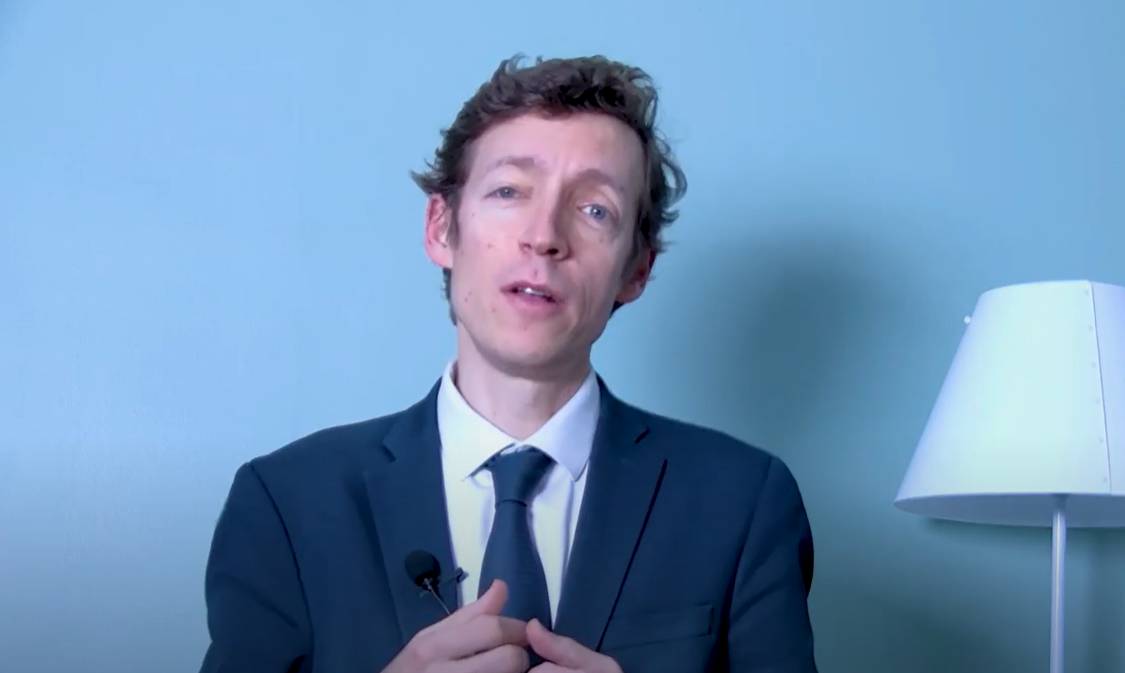Key Ministerial Appointments Highlight Strengths of Lecornu's New 2025 French Government
Sébastien Lecornu's 2025 government spotlighted Édouard Geffray and Jean-Pierre Farandou in key roles tackling education and labor reforms amid political tensions.
- • Édouard Geffray appointed Minister of National Education, bringing extensive prior experience in educational reforms.
- • Jean-Pierre Farandou named Minister of Labor and Solidarity, known for union negotiations and handling retirement reform challenges.
- • Government officially announced with key figures like Laurent Nunez (Interior), Catherine Vautrin (Armed Forces), and Gérald Darmanin (Justice).
- • Cabinet faces political challenges including motions of censure linked to pension reform controversies.
Key details
The newly formed French government under Prime Minister Sébastien Lecornu has been officially announced, featuring prominent appointments aimed at navigating pressing national challenges. Published in the Journal officiel, the cabinet comprises full and delegated ministers across critical portfolios including education, labor, and justice.
Among the most notable figures, Édouard Geffray has been named Minister of National Education, succeeding Elisabeth Borne. A seasoned civil servant aged 47, Geffray brings extensive experience from his prior role as Director General of School Education (Dgesco) since 2019. His tenure saw him implement significant reforms such as the contentious baccalauréat overhaul and class size reductions in primary schools. Known for his expertise in administrative operations and his respected relationships with unions, Geffray now faces the complex tasks of managing teacher training reforms, addressing recruitment crises, boosting inclusive education, and tackling mental health issues among students, all amid tight budget constraints and teacher discontent.
Jean-Pierre Farandou has been appointed Minister of Labor and Solidarity. Formerly CEO of SNCF since late 2019, Farandou is recognized for his adeptness in union negotiations and deep understanding of retirement policy complexities. His appointment comes at a crucial time as the government contends with fallout from the 2023 pension reform that raised the retirement age to 64. Although previously criticized by the government for arranging early retirements at SNCF that appeared to circumvent this reform, Farandou has earned union praise for balancing divergent interests. His leadership will be pivotal as opposition parties threaten motions of censure over pension policies.
Other key cabinet members include Laurent Nunez at the Interior Ministry; Catherine Vautrin leading the Armed Forces; and Gérald Darmanin as Minister of Justice. Collectively, the government aims to maintain stability amid contentious political pressures and societal challenges.
President Emmanuel Macron has called on political parties to collaborate for stability as motions of censure from both the National Rally and La France Insoumise have been deposited against the new government. The Lecornu II administration seeks to leverage the expertise of its appointed ministers to address education reforms, labor issues, security, and justice governance in the coming months.
This new government marks a strategic reshuffle reflecting lessons from recent reforms and political disputes, placing experienced technocrats like Geffray and far-reaching figures such as Farandou at the helm of critical ministries.
This article was translated and synthesized from French sources, providing English-speaking readers with local perspectives.
Source articles (4)
Source comparison
Appointment date of Edouard Geffray
Sources disagree on the date Edouard Geffray was appointed as Minister of Education.
lemonde.fr
"Geffray has been appointed as the Minister of National Education in the government of Sébastien Lecornu on October 12, 2023."
lefigaro.fr
"Geffray has been appointed as the new Minister of Education in the technical government of Sébastien Lecornu."
Why this matters: One source states Geffray was appointed on October 12, 2023, while another indicates he was appointed on October 13, 2025. This discrepancy affects the timeline of his appointment and the context of his role in the government.
Latest news
France Returns the Djidji Ayôkwé Talking Drum to Côte d'Ivoire After Over a Century
Record 37 Days of Rain Triggers Ongoing Severe Flooding in Western France
Political Divisions and Social Tensions Intensify Following Quentin Deranque’s Death in Lyon
French Economy Minister Calls for Full Insurance Industry Mobilization Amid Devastating Storm Floods
France Boosts Social and Solidarity Economy with New Tools and Potential Tax Reforms in 2026
Saint-Nazaire Mayor Condemns Vandalism of Two Political Offices as Attack on Democracy
The top news stories in France
Delivered straight to your inbox each morning.


